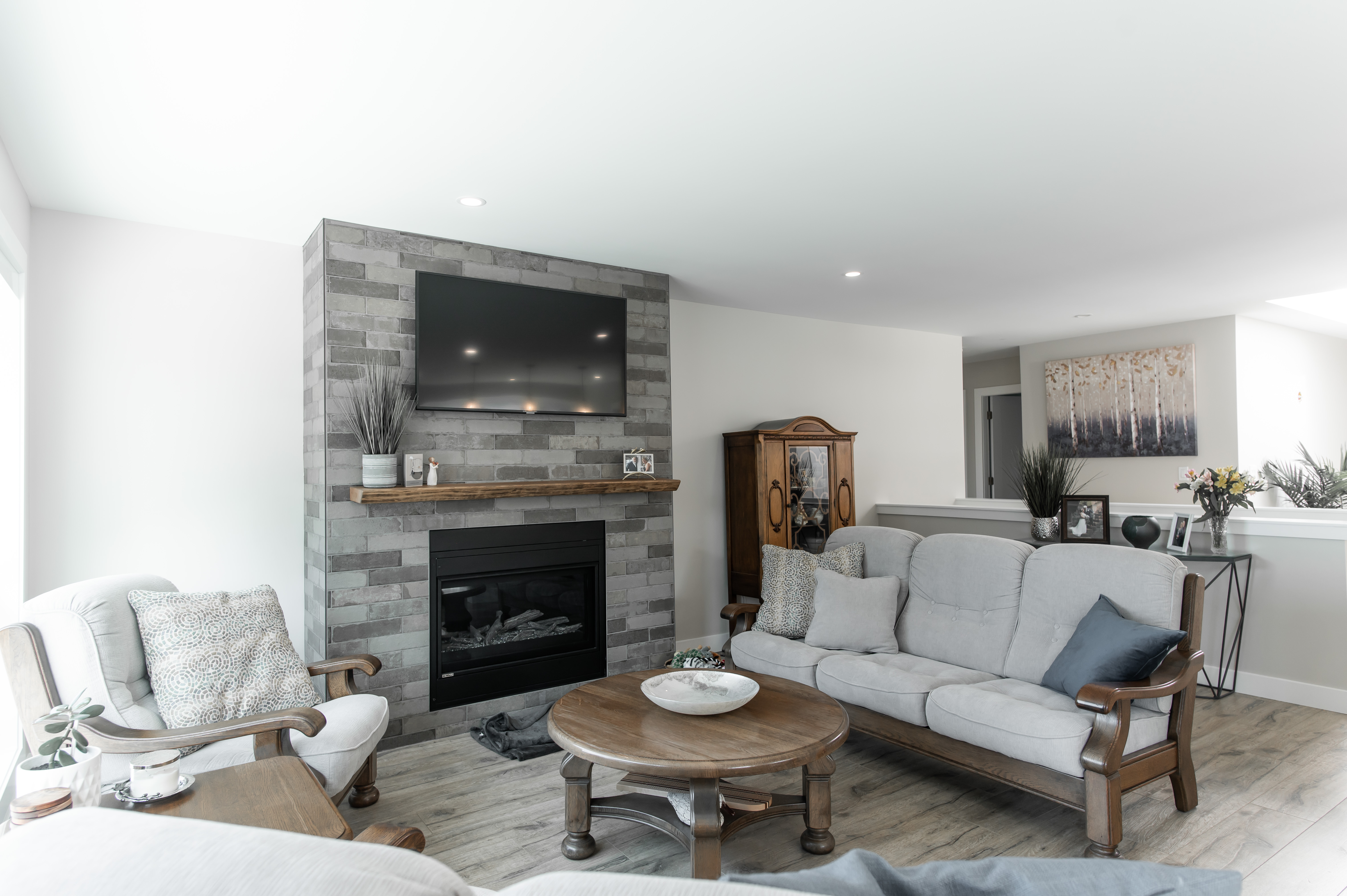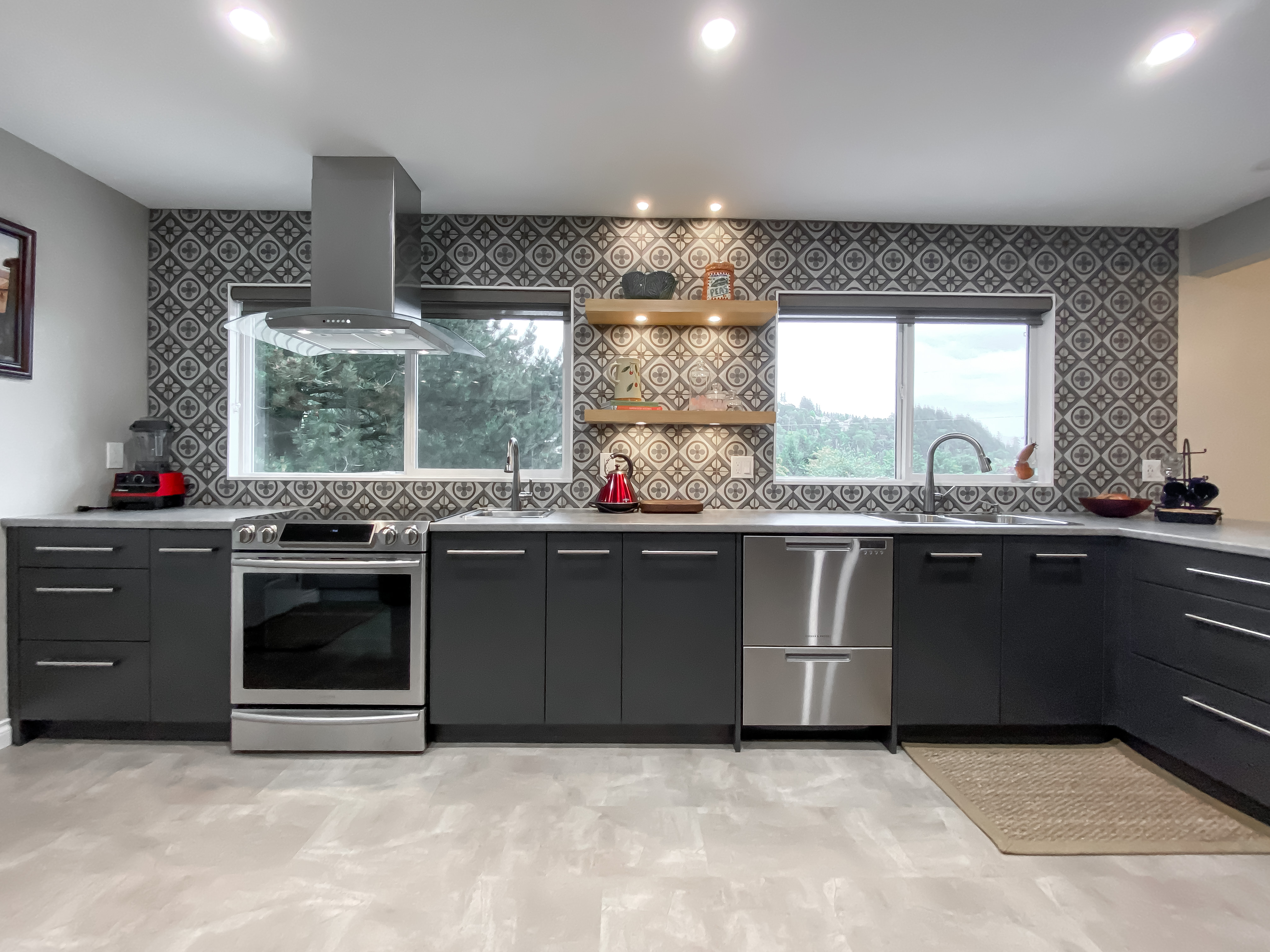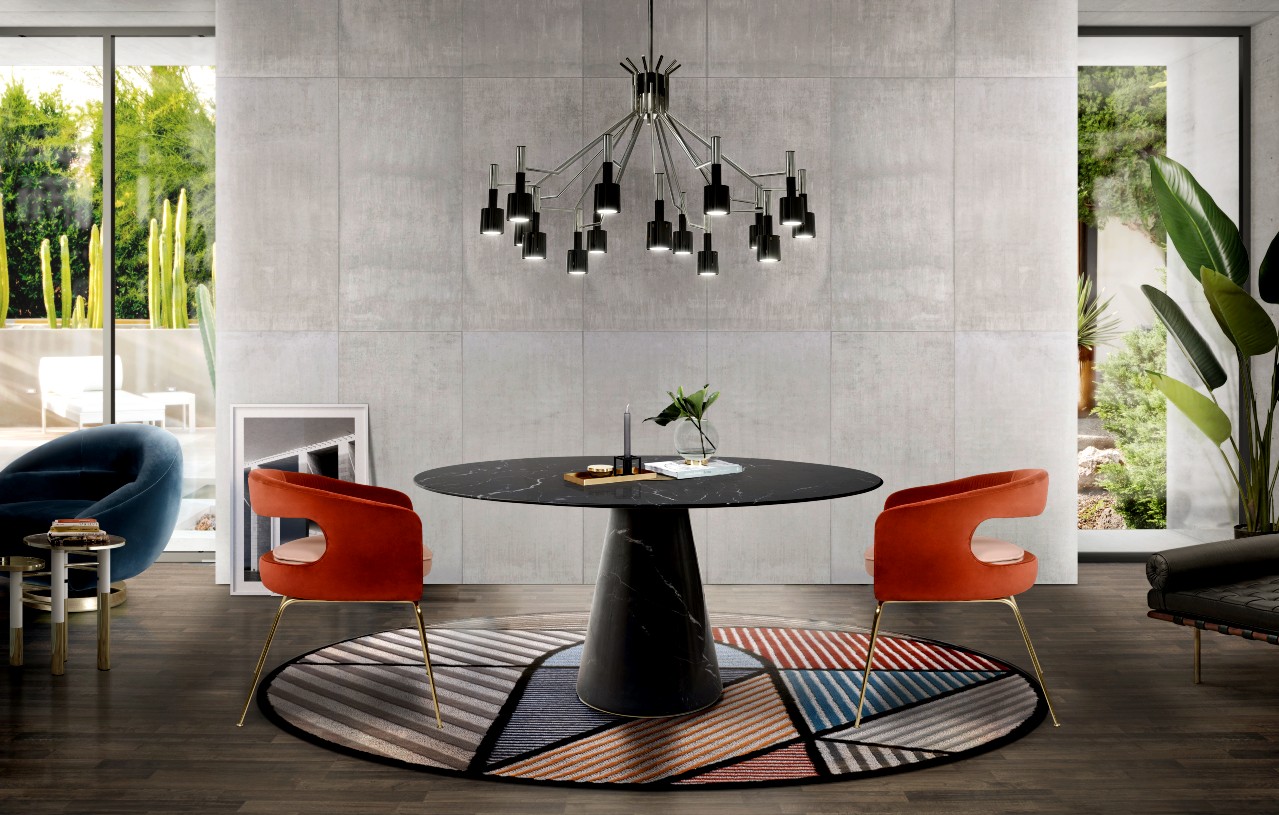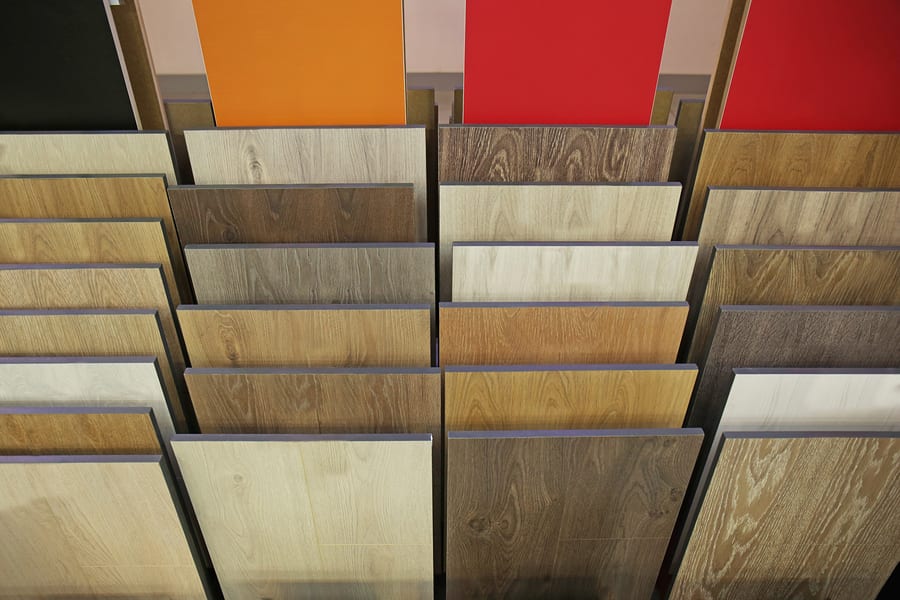Selecting the right flooring for your home is a crucial decision and when it comes to the choice between laminate and vinyl, it can be challenging. Our Design expert Cynthia Lucas, also the lead designer at Livwell Collective breaks down the key differences between laminate and vinyl flooring. By exploring aspects such as durability, water resistance, style and installation, Cynthia provides practical tips to help you make an informed decision for your space.
Understanding Laminate Flooring:
The construction of laminate flooring consists of four layers. The core is made of crushed wood particles, providing rigidity and a solid base. The top layer features a photograph of wood, creating the finished look. It is essential to note that the repeating patterns in laminate flooring result from using various wood images in the photographic layer.
Understanding Vinyl Flooring:
Vinyl flooring can be described as a combination of synthetic materials such as fibreglass, PVC vinyl and a plasticizer. The top layer is the final coating of the plastic pour, providing a waterproof surface. Cynthia introduces the concept of AC rating (abrasion class rating), emphasizing its importance for both laminate and vinyl floors. For residential use, an AC rating between 2 and 4 is recommended, while commercial use should aim for a rating between 3 and 6.
Pros of Laminate Flooring:
The advantages of laminate flooring are its scratch-proof surface and realistic appearance. The tough laminate surface is suitable for households with high activity levels and is particularly appealing to those seeking a wood-like aesthetic. Laminate flooring is very durable, more than hardwood, which makes it both pet-friendly and family-friendly and a great option for high-traffic areas. To add to this advantage, it can also withstand exposure to sunlight for a long period and not fade. Laminate is softer and has more “give” compared to wood and tile, making it a suitable choice for individuals with specific needs, such as knee problems or wheelchair use.
Pros of Vinyl Flooring:
The primary advantage of vinyl flooring is its 100% waterproof nature making it an ideal choice for areas prone to moisture, such as bathrooms or kitchens. However, Cynthia points out that vinyl flooring, being flat and less giving, requires precise floor preparation during installation. It may be more prone to scratching, especially in high-traffic areas.
Conclusion and Considerations:
In conclusion, there is no one size fits all and one needs to consider their priorities when choosing between laminate and vinyl flooring. One should consider factors such as water resistance, scratch resistance and ease of installation based on individual preferences and lifestyle. Additionally, it should be noted that both laminate and vinyl flooring options are compatible with in-floor heating systems, providing flexibility for homeowners.
By considering these key differences and factors, you can confidently make the perfect choice for your space. You can prioritize among a realistic wood appearance, scratch resistance or waterproof features to help you choose the ideal flooring for your home.





